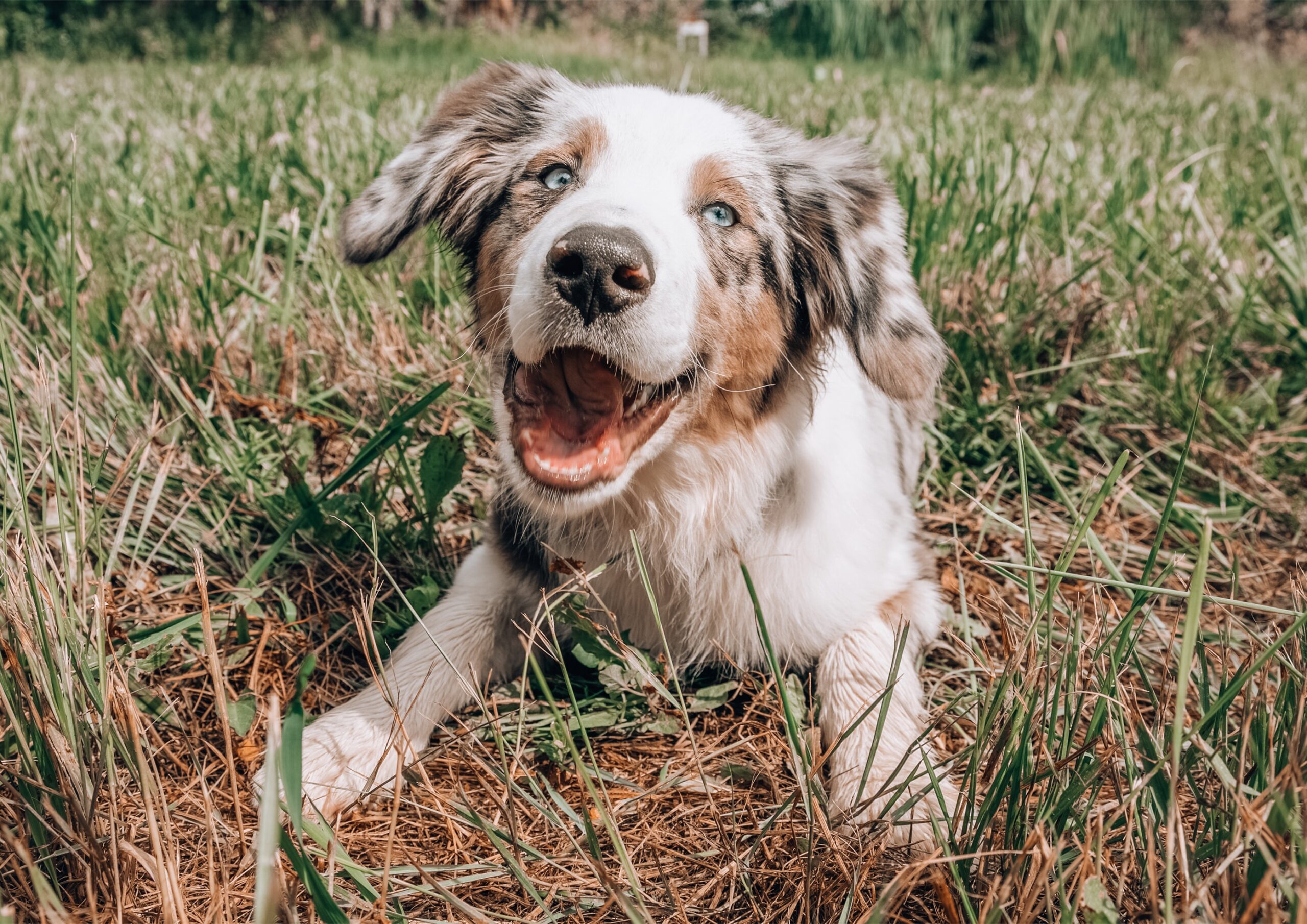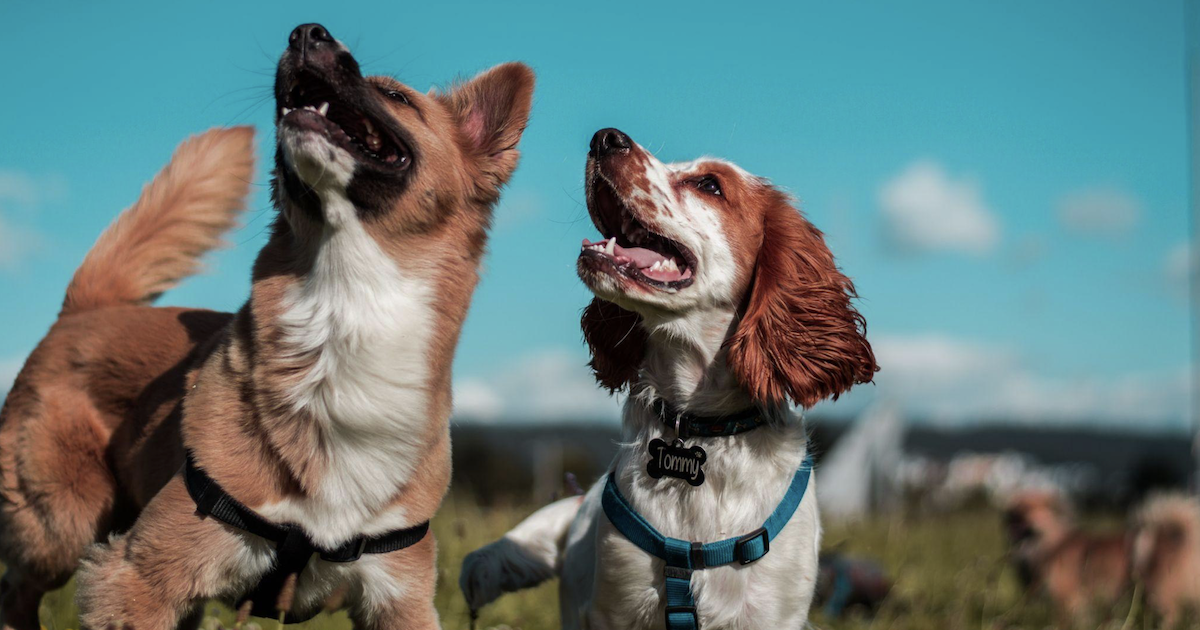Ever caught your dog staring longingly at your glass of orange juice? Those puppy-dog eyes are hard to resist, but before you share that refreshing drink, think twice. Can dogs have orange juice? As pet owners, we often want to share our food and drinks, but not every human treat is safe for our four-legged companions.
Knowing which foods are safe for dogs is crucial for their health and well-being. While spoiling your dog with a treat feels good, it’s important to recognize which foods help them and which ones could harm them.
In this article, we’ll explore whether orange juice is safe for dogs. We’ll look at the potential risks and share expert advice to help you make the best choices for your pet’s diet.
Table of Contents
- Understanding Canine Nutrition
- Can Dogs Have Orange Juice?
- Symptoms of Orange Juice Consumption in Dogs
- How to Safely Introduce New Foods to Your Dog
- Final Advice
- FAQS.
Understanding Canine Nutrition
Dogs’ Dietary Needs: Essential Nutrients
Just like us, dogs need a balanced diet to stay healthy. Their meals should include:
- Protein: Helps build and repair muscles.
- Fats: Provide energy and support healthy cells.
- Carbohydrates: Give energy and help with digestion.
- Fiber: Keeps digestion running smoothly.
- Vitamins & Minerals: Keep the body’s systems working well.
- Water: Keeps them hydrated and helps nutrients move through the body.
These nutrients are usually found in good-quality dog food, so it’s important to feed them a proper diet to ensure they stay strong and healthy.
Vitamin C in Dogs: Naturally Produced
Dogs can make their own vitamin C in their livers, so they don’t need extra vitamin C from food or supplements. Most healthy dogs produce enough on their own. If your dog is healthy, there’s no need to add more vitamin C unless a vet recommends it.
Relevance to Orange Juice: Not Necessary
Orange juice is packed with vitamin C, but it’s not needed for dogs. Since dogs already make their own vitamin C, adding orange juice won’t give them extra benefits. In fact, orange juice has a lot of sugar and acid, which could upset your dog’s stomach and harm their teeth.
Can Dogs Have Orange Juice?
Short Answer: Skip the orange juice for your dog.
 Can Dogs Have Orange Juice?
Can Dogs Have Orange Juice?You might wonder if it’s okay to share orange juice with your furry friend. The simple answer? It’s best not to. Orange juice won’t poison your dog, but it’s not good for them either.
Think of it this way: just because something won’t hurt your dog doesn’t make it a good choice. Orange juice has too much sugar and acid for dogs.
What Happens If My Dog Drinks Orange Juice?
Don’t panic if your dog sneaks a sip. A small amount won’t hurt them. But it’s not something you should give them on purpose.
Why Orange Juice Is Bad for Dogs
Too Much Sugar
Orange juice is loaded with sugar. This can make your dog gain weight. It can also cause tooth problems and even diabetes. Small dogs are more likely to get upset stomachs from sugar.
Too Acidic
Orange juice is very acidic. This acid can upset your dog’s stomach. Your dog might throw up or have loose stools. The acid can also hurt their teeth over time.
Harmful Add-ins
Store-bought orange juice often has extra stuff in it. Some have fake sweeteners like xylitol. This is very dangerous for dogs. It can make their blood sugar drop fast. This can cause seizures or liver damage.
Always read labels. Never give your dog anything with xylitol in it.
What Do Vets Say?
Most vets say no to orange juice for dogs. The risks are just too high. Water is all your dog needs to stay healthy.
The Bottom Line
Orange juice might seem like a fun treat, but your dog is better off without it. Stick to fresh water and dog treats made just for them. Your pup will be happier and healthier this way.
Want to give your dog something special? Try a small piece of plain apple or carrot instead. These are much safer choices.
Symptoms of Orange Juice Consumption in Dogs
While orange juice isn’t toxic to dogs, it’s not the best treat for them. If your dog happens to drink some, here’s what to watch for:
Mild Reactions
If your dog drinks a little orange juice, they might have some mild reactions like:
- A slight stomach upset
- Drooling more than usual
- Gulping or licking their lips
These reactions are usually harmless and should go away on their own. But if they last or seem to get worse, it’s a good idea to call your vet.
Severe Reactions
If your dog drinks more orange juice, or if they have a sensitive stomach, the symptoms could be more serious. Watch out for:
- Vomiting
- Diarrhea
- Bloating or discomfort
- Loss of appetite
- Low energy or lethargy
These signs could mean that your dog’s stomach is upset, or something more serious could be happening. If you notice any of these symptoms, it’s best to contact your vet as soon as possible.
When to Consult a Veterinarian
If your dog consumes a lot of orange juice or shows any severe symptoms, don’t hesitate to reach out to your vet right away. Even if the signs are mild, it’s always better to be safe and consult with your vet—especially if your dog has health concerns like diabetes or obesity.
Sharing a treat with your dog is fun, but it’s important to make sure it’s safe for them. When in doubt, always check with your vet to keep your dog happy and healthy.
4. Alternatives to Orange Juice for Dogs
While orange juice isn’t toxic to dogs, it’s not the best option. Here are some healthier alternatives you can offer your dog:
Fresh Water: Always the Best Option
Water is the best way to keep your dog hydrated. It’s the most natural and beneficial drink for your pet. Make sure they always have access to clean, fresh water to stay healthy.
Dog-Safe Fruits: Tasty and Healthy
Many fruits are safe for dogs and can be a fun treat. Some great options include:
- Apples: Full of vitamins and fiber. Just remove the seeds and core first.
- Blueberries: Packed with antioxidants and low in calories. They’re perfect for a small, healthy snack.
- Watermelon: Very hydrating and low in calories. Be sure to remove the seeds and rind.
- Bananas: Rich in potassium and great for digestion. Serve in small slices.
- Strawberries: High in fiber and vitamin C. Just slice them into small pieces.
- Pineapple: Contains vitamins and supports digestion. Remove the skin and core before feeding.
Make sure to give fruits in moderation and always watch for any reactions, especially when introducing new foods.
Special Dog Drinks: Hydration with a Twist
If you’re looking to offer something a little different, there are dog-friendly drinks designed specifically for pups:
- DoggyRade: A drink formulated to support hydration and gut health.
- K9 Power Go Dog Hydration: Helps your dog stay hydrated and recover after exercise.
- PAWD Drinks: Vet-approved liquid supplements to help your dog feel calmer and more confident.
Before introducing any new drinks or supplements, it’s always a good idea to check with your vet.
Fresh water is always the best choice for hydration. You can safely treat your dog to small amounts of dog-friendly fruits like apples, blueberries, and watermelon. For a special treat, consider vet-approved dog drinks. Always check with your vet before adding anything new to your dog’s diet to keep them happy and healthy!
How to Safely Introduce New Foods to Your Dog
Short Answer: Take it slow, watch for reactions, and check with your vet.
Introducing new foods to your dog can be exciting, but it also needs care. Follow these simple steps to keep your pup happy and healthy.
1. Gradual Introduction: Take It Slow
Dogs’ tummies can be sensitive. If you switch foods too quickly, your dog may get an upset stomach. Here’s an easy plan:
- Day 1–2: Mix 25% new food with 75% current food.
- Day 3–4: Mix 50% new food and 50% current food.
- Day 5–6: Mix 75% new food with 25% current food.
- Day 7–10: Offer 100% new food.
This gentle switch gives your dog’s digestion time to adjust.
2. Watch for Reactions
Keep a close eye on your dog as you introduce new foods. Look out for:
- Vomiting
- Diarrhea
- Lethargy
- Loss of appetite
If you spot any of these signs, go back to their original diet right away and call your vet. It’s better to be safe than sorry.
3. Consult Your Veterinarian
Before making big diet changes, talk to your veterinarian. Your vet knows your dog’s:
- Age and breed
- Weight and activity level
- Any health issues
They can recommend the best foods and portion sizes. A quick chat with your vet can prevent problems and keep your dog thriving.
Final Advice
Sharing food with your dog is a loving gesture. Just remember to introduce new foods slowly, watch for any tummy troubles, and get your vet’s thumbs-up before making big changes. Your dog’s health and happiness are worth the extra care!
FAQS.
Can dogs have orange juice?
Dogs can lap up a small sip of orange juice without immediate harm. However, it’s not a healthy drink for them. Stick to water or dog-safe alternatives instead of citrus juice to keep their tummy and teeth happy.
Is it safe for dogs to drink orange juice?
Orange juice is not toxic, but it’s unsafe as a regular drink. Its high sugar and acid can upset your dog’s stomach and damage their teeth over time. Water is the best, simplest choice for your dog’s hydration.
Is orange juice toxic or poisonous to dogs?
Orange juice is not poisonous to dogs. A small taste won’t kill them. But it’s still unwise. Too much acid and sugar can irritate their gut, harm teeth, and lead to weight gain.
What happens if a dog accidentally drinks orange juice?
If a dog laps up one small sip, they’ll likely be fine. Watch for mild tummy upset like diarrhea or gas. Offer water and observe your dog. If signs worsen or last over a day, call your vet.
What are the risks of giving my dog orange juice?
Orange juice can cause belly aches, diarrhea, and vomiting because of its acid. The high sugar can lead to weight gain and dental issues. Store-bought juice may contain xylitol, which is deadly to dogs.
Can the sugar in orange juice harm my dog?
Yes. Too much sugar can make dogs overweight. It can also cause diabetes and tooth decay. Even small dogs can get an upset stomach from added sugar. Always offer plain water instead of sweet drinks.
Can dogs eat oranges?
Dogs can eat small pieces of plain orange flesh. Remove seeds and peel first. Oranges have natural sugars and acid, so offer just a few bites as an occasional treat. Too much can upset their stomach.
Do dogs need the vitamin C from oranges?
Dogs make their own vitamin C in their bodies. They don’t need extra from foods like oranges. Too much citrus acid can actually upset their stomach. A balanced diet covers all their vitamin needs.



















 English (US) ·
English (US) ·